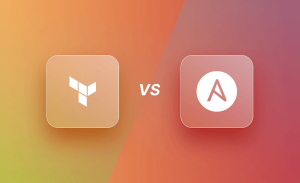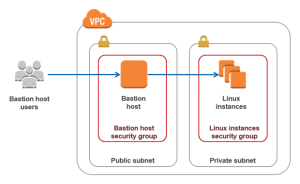Artificial Intelligence (AI) is a branch of computer science that focuses on the development of intelligent machines capable of performing tasks that typically require human intelligence. It involves the simulation of human intelligence in machines, enabling them to learn, reason, perceive, and make decisions.
One application of AI is chatbots, which are computer programs designed to interact with humans through natural language conversations. Chatbots have become increasingly popular and widely used in various industries, providing automated assistance, customer support, and information retrieval.

ChatGPT, on the other hand, is an advanced language model developed by OpenAI. It is based on the GPT-3.5 architecture and has been trained on a vast amount of text data from the internet. ChatGPT is designed to generate human-like responses and engage in meaningful conversations with users.
The underlying technology behind ChatGPT is deep learning, specifically a type of neural network called a transformer. Transformers have revolutionized natural language processing tasks by capturing the contextual relationships between words and generating coherent and contextually relevant responses.
ChatGPT utilizes a technique known as “unsupervised learning” to train on a massive corpus of text data. During training, it learns to predict the next word in a sentence based on the previous context, allowing it to develop an understanding of language patterns, grammar, and semantics.
ChatGPT’s training enables it to generate text that appears human-like and coherent. It can understand and respond to a wide range of prompts and questions across different topics. However, it is important to note that ChatGPT’s responses are generated based on patterns in the training data and do not possess true understanding or consciousness.
While AI and ChatGPT offer numerous benefits and potential applications, there are also ethical considerations. These include the potential for biased or misleading information, privacy concerns, and the responsible use of AI technology. Ongoing research and development aim to address these challenges and ensure that AI systems like ChatGPT are used responsibly and in the best interest of society.
In summary, AI is a broad field encompassing the development of intelligent machines, and chatbots like ChatGPT are an application of AI that utilizes advanced language models to engage in natural language conversations. ChatGPT’s training on vast amounts of text data enables it to generate coherent responses, but it is essential to approach its output critically and responsibly.
Pros and cons of AI tools like ChatGPT?
AI tools like ChatGPT, including other language models, offer several advantages and disadvantages. Here are some of the pros and cons of AI tools like ChatGPT:
Pros:
- Efficiency: AI tools can provide quick and automated responses, improving efficiency and saving time for users.
- Accessibility: ChatGPT and similar tools are easily accessible to a wide range of users, enabling them to access information and support without human intervention.
- Scalability: AI tools can handle a large number of queries simultaneously, allowing them to scale effectively to meet user demand.
- Language Support: AI language models like ChatGPT can comprehend and generate responses in multiple languages, facilitating communication across diverse user bases.
- Continuous Learning: These models can be continuously trained and improved, incorporating new data and knowledge to enhance their capabilities over time.
Cons:
- Lack of Understanding: AI tools like ChatGPT may generate responses without truly understanding the context or meaning behind the user’s query, leading to inaccurate or irrelevant answers.
- Bias and Misinformation: The training data used for AI models can contain biases and inaccuracies, which can be reflected in the generated responses, potentially perpetuating misinformation or reinforcing existing biases.
- Ethical Concerns: There are ethical considerations surrounding the responsible use of AI tools. These include issues of privacy, data security, and the potential for misuse of AI-generated content.
- Dependency on Training Data: The quality and diversity of the training data can significantly impact the performance of AI tools. Biased or incomplete data can result in skewed or limited responses.
- Lack of Emotional Intelligence: AI tools may struggle to accurately interpret and respond to emotional cues, empathy, and nuanced communication, which can be crucial in certain contexts.
It is important to consider these pros and cons when using AI tools like ChatGPT. While they offer numerous benefits, they also present challenges and limitations that need to be addressed to ensure the responsible and effective use of AI technology.





